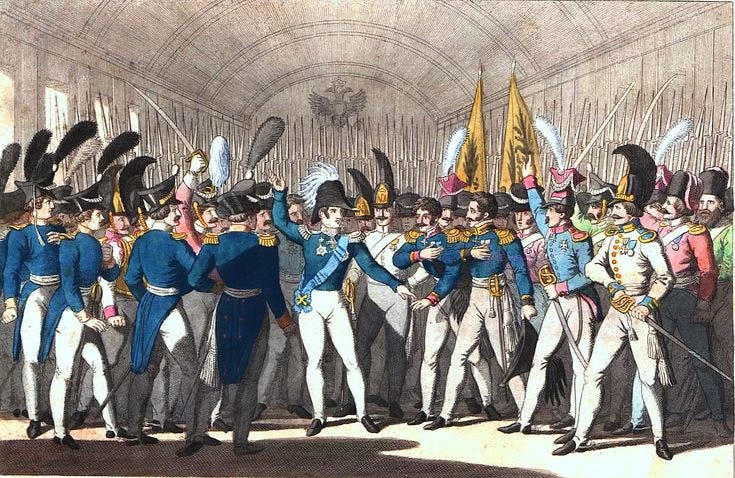Diplomate et Diplomatie
Le marquis de Custine, Poutine et la Russie éternelle, Cooperation between the UN, CSTO, CIS, and SCO, Fighting for the independence of France's overseas territories.

Le marquis de Custine, Poutine et la Russie éternelle
By Guillaume Lagane (The Conversation France)
On le sait depuis le succès de ses Lettres…




